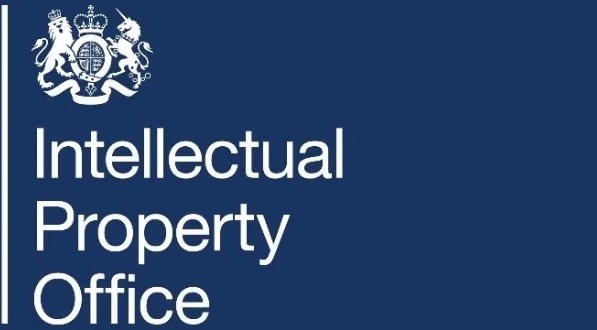Consultation on Standard Essential Patents
Assessment of Impacts
Ahead of this consultation, the IPO carried out a partial analysis of the impacts of the proposals. Only the direct costs of running a Rate Determination Track and the potential familiarisation cost to patent applicants of answering questions or including additional information at the IPO on how their patent related to a technical standard were costed. No attempt was made to estimate the benefits to SEP users or holders of the policy changes outlined.
Rate Determination Track
The costs of the Rate Determination Track (RDT) were modelled and are set out below. The main assumption relates to the RDT’s potential caseload (see table in Annex 2). We assumed an initial higher caseload, which then falls 5-10 cases per year. This produced a long-term average cost of running the RDT of £85-£201k per year.
We estimate one-off costs of setting up the RDT of £80-£105k which includes £60-£80k (The range reflects uncertainty over potential supplier, and scope of this work) to procure external research to review the rate setting methodology that could be used. This also includes £10-£15k in technical set-up costs, and £5-£10k for public appointment of judiciary members. As we anticipate outside experts will be hired to carry out assessments, the IPO has not costed provision of training.
In its first year of operation, we estimated the RDT could cost £125-£400k, gradually reducing to £80-£130k by its seventh year, as case volumes decrease. We have assumed that the RDT incurs administrative support and judicial fees in the order of £75-£100k per year, is an online service (with negligible overheads), has 3 expert panel members paid at a rate of £50-£100 per hour, and that each case takes between 20-30 hours.
Familiarisation costs
If all patent applicants are asked to provide information on whether their patent relates to any technical standards, there will be some familiarisation costs. We are uncertain whether applicants would seek legal guidance on this. We therefore have a very broad range for familiarisation costs depending on whether applicants spend a short time seeking information themselves or seek specific legal guidance.
Based on the assumption that familiarisation costs would include internal labour costs for the business and could be facilitated by legal counsel. We estimate familiarisation takes between 15 minutes and 1 hour and internal costs to business are based on £30 per hour salary (£51,000 p.a.). We have assumed a registered patent attorney might charge £100-£432 per hour for provision of advice.
Potential Benefits
We have not currently estimated the monetary benefits associated with the RDT, including expected court savings, increased efficiency in reaching licensing agreements, and reduced barriers to market entry for businesses needing to license SEPs. We assume that potential SEP licensees who use the RDT will save court costs as high-profile FRAND determination cases can cost as much as £14m.
If use of the RDT leads to a reduction in SEP litigation cases being taken to UK courts, it will improve the efficiency of reaching licensing agreements. This may also result in fewer applications for injunctions, benefitting licensees in the UK by reducing the risk of their products being removed from the market, resulting in loss of revenue.
If rates determined by the RDT are published, the resulting increased pricing transparency may reduce barriers to market entry in industries who use technical standards.
We would like to estimate values for the potential benefits, so we are keen to hear your thoughts on these. This will allow us to update our assumptions and more accurately assess how the changes will affect SEPs holders, licensees and broader society.
